
(ECNS) -- A new international business zone near Pudong airport with visa-free access will open within the year 2025 to boost global connectivity and economic openness, according to news released by the local government.
The Shanghai Eastern Hub International Business Cooperation Zone, approved by China's State Council, or the nation's Cabinet, in February 2024, is set to streamline cross-border commerce through relaxed visa rules, integrated transit links, and pro-business policies.
The 880,000-square-meter zone, equivalent to about 120 standard soccer pitches, will connect Pudong airport and the under-construction Shanghai East Railway Station.
Foreign visitors arriving through Pudong airport will be able to enter the zone without a standard Chinese visa if invited by a registered business.
The visa-free stay lasts 30 days and can be extended. On-site port visa service is also available for visitors who wish to explore more of the country.
International travelers can take a shuttle bus from T3 of the Pudong International Airport to the zone in 10 minutes.
The zone will use a two-tier border system. The entry from abroad allows quicker clearance into the zone. The exit into the rest of the Chinese mainland requires full customs processing.
"As China's high-level opening-up continues to deepen, a key theme is the shift from opening up in goods to gradually expanding the opening up to natural persons, which means that the international business zone will carry the function of further opening-up: better integrating the opening of people and goods," said Zhao Yugang, deputy director of the Bonded Area Administration of the China (Shanghai) Pilot Free Trade Zone Administrative Commission.
It will be a groundbreaking and globally unprecedented exploration, Zhao said.
The international business zone is not only China's "new card of openness" to the world but also a landmark breakthrough for Shanghai in "proactively adapting to changes and fostering new opportunities," according to Xie Yiqing, associate researcher at Shanghai Academy of Social Sciences.
Over the past 35 years, Pudong has driven opening-up with a focus on the flow of goods. Today, the zone incorporates the free movement of talent, capital, technology, data, and other key elements into its institutional framework, breaking down traditional barriers, Xie said, adding that this move released a positive signal that China, while maintaining its own strengths in high-level opening-up, is proactively adapting to international rules, injecting stability into the global economy.
Industry analysts suggest that the initiative will not only create opportunities for sectors like the exhibition economy and cross-border training but also significantly reduce international collaboration costs for businesses by streamlining cross-border transaction processes. Emerging fields such as offshore R&D and cross-border data services may usher in a pivotal window for scaled development.
(By Zhang Dongfang)









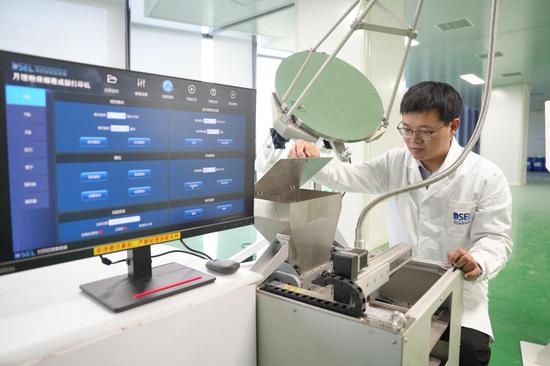







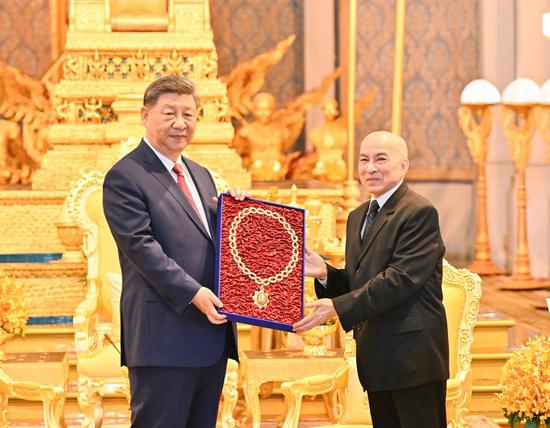

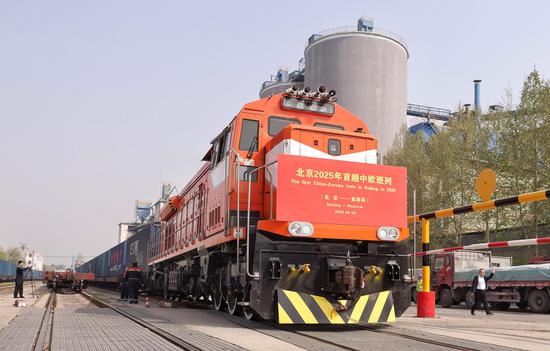





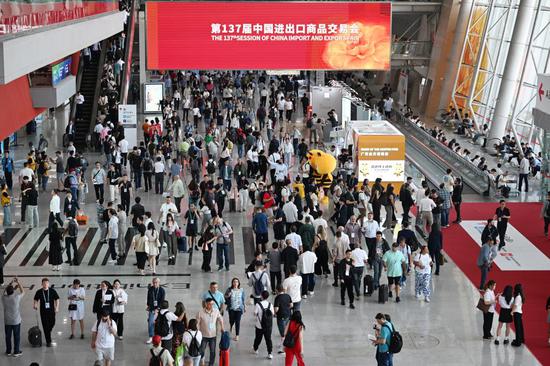

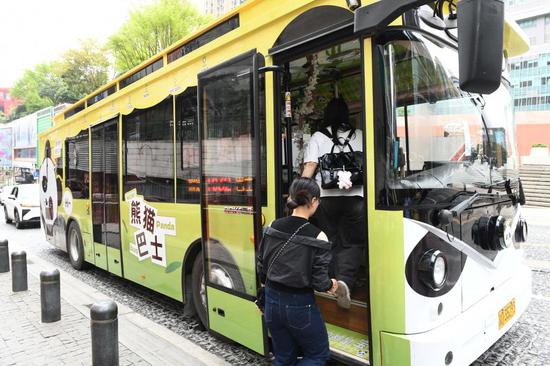

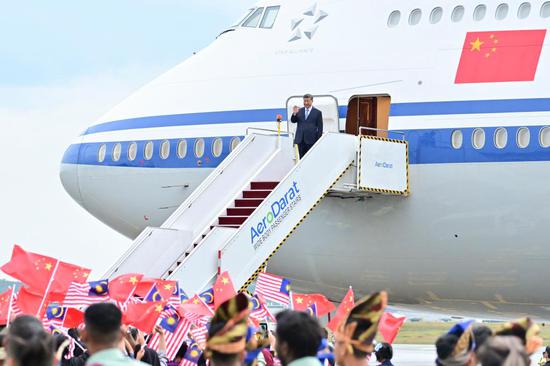




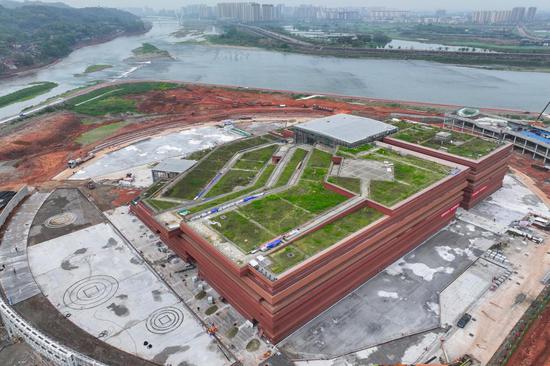


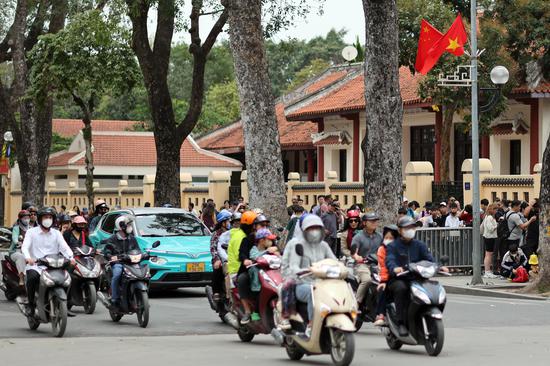




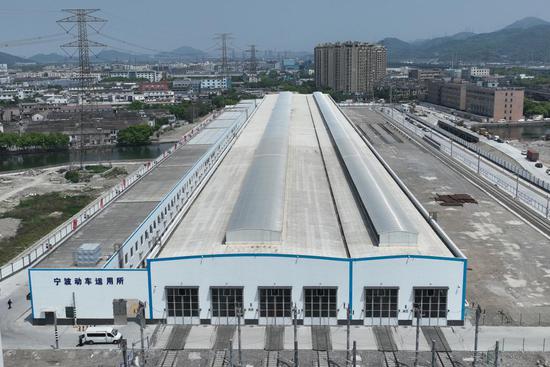







 京公網(wǎng)安備 11010202009201號
京公網(wǎng)安備 11010202009201號